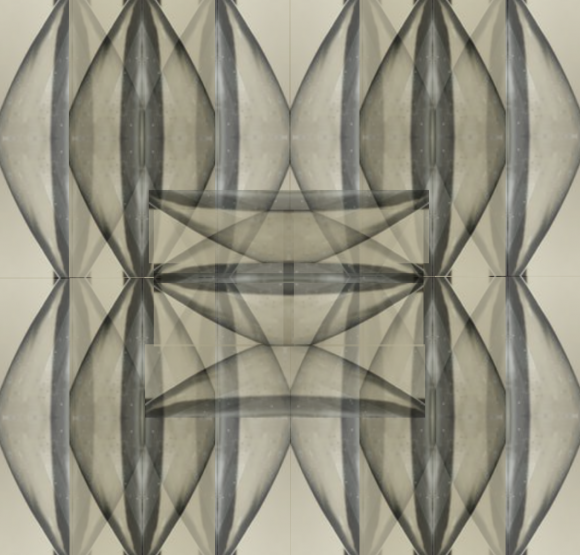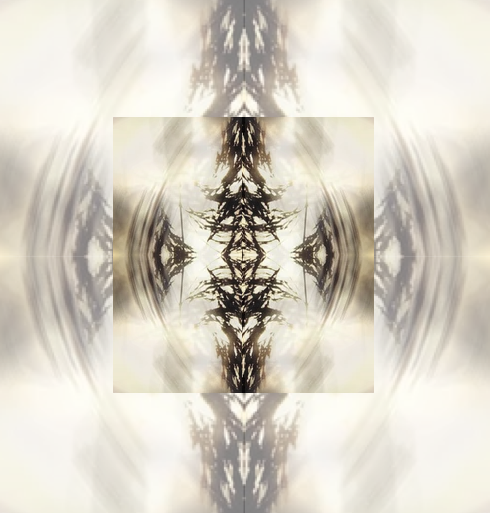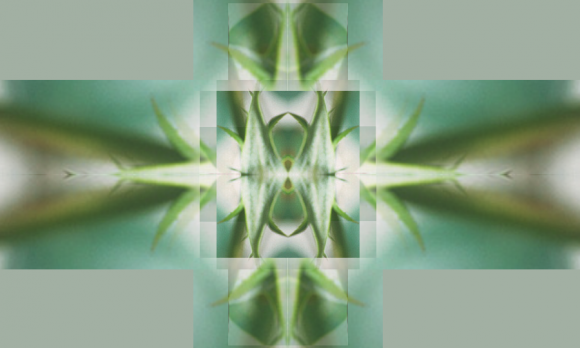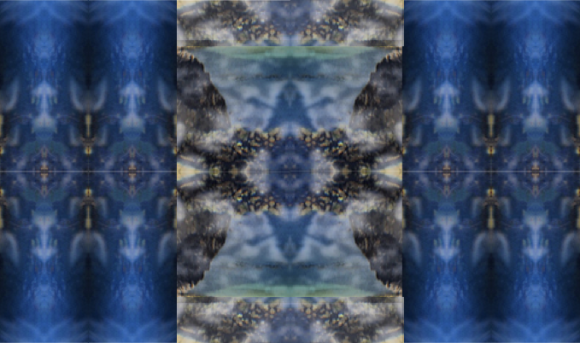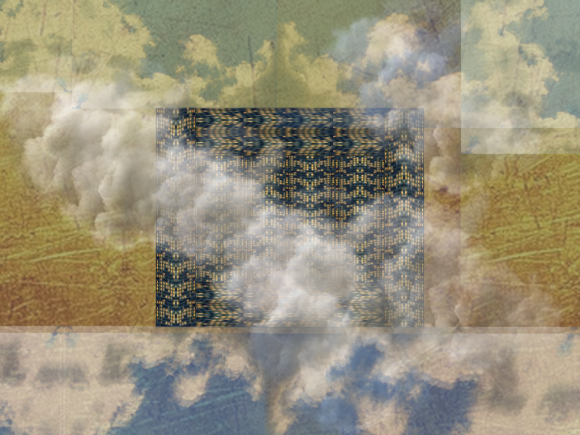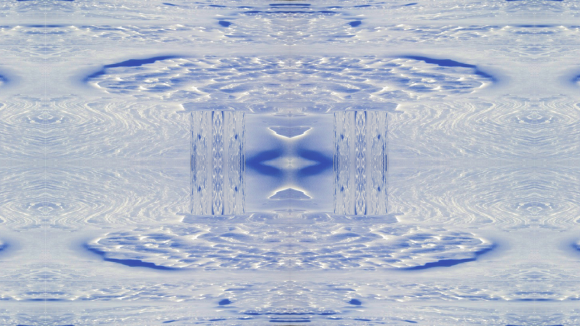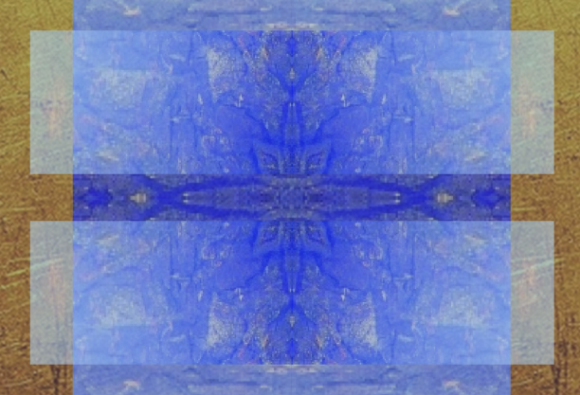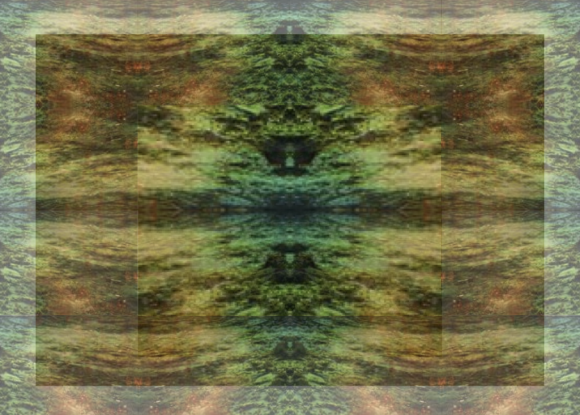
Is there a difference between spirit and soul? In his survey of what the term "spirit" means, Jung notes in passing that it is “common opinion that spirit and soul are essentially the same and therefore only arbitrarily separable”. And it is true that, in Jung’s work, the use of notions such as “psyche”, “spirit”, and “soul” seems at times arbitrary or at least vague...
